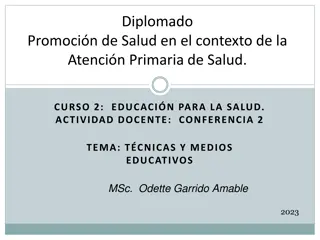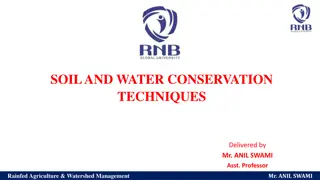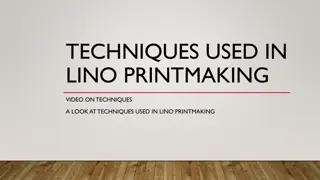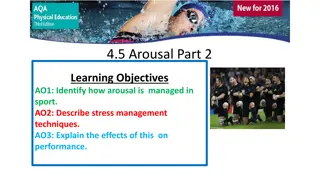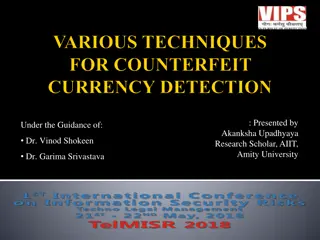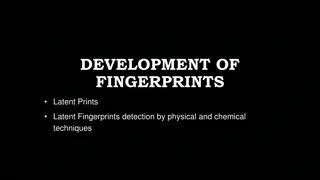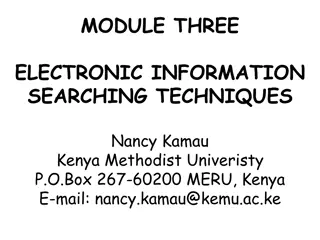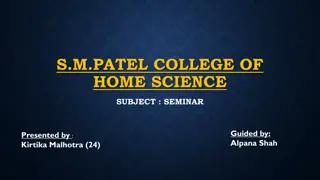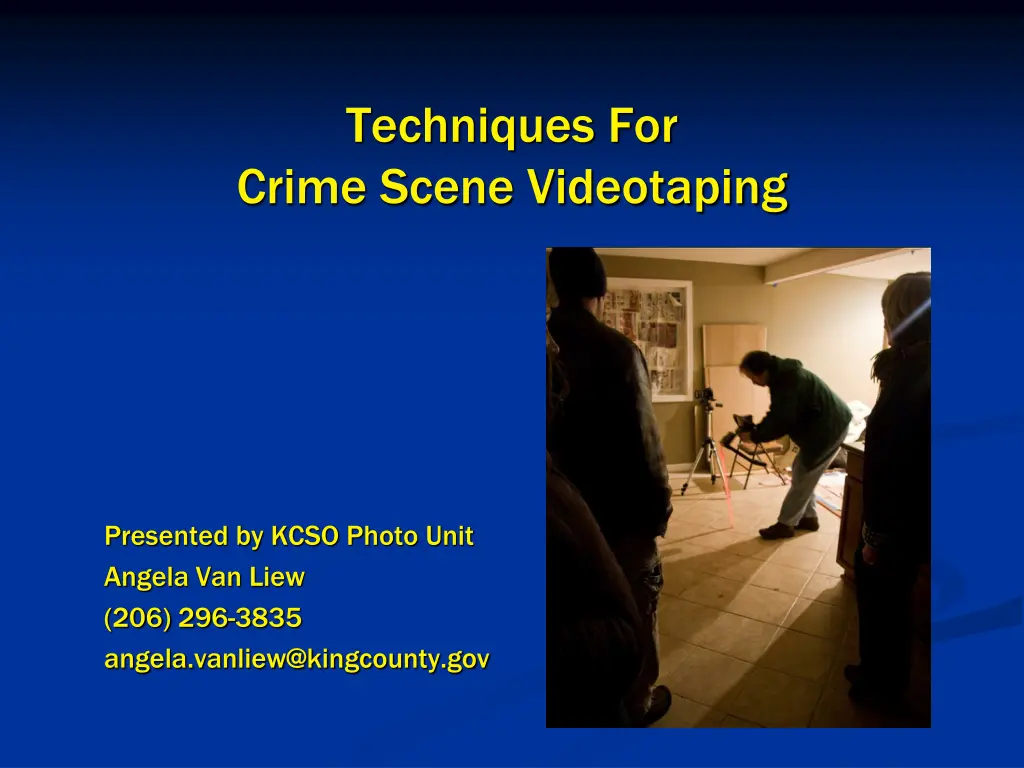
Crime Scene Videotaping Techniques and Examples
Learn about essential techniques for recording crime scenes on video, including why it's important, how to start the recording, and examples of potential cases. Presented by KCSO Photo Unit's Angela Van Liew.
Download Presentation

Please find below an Image/Link to download the presentation.
The content on the website is provided AS IS for your information and personal use only. It may not be sold, licensed, or shared on other websites without obtaining consent from the author. If you encounter any issues during the download, it is possible that the publisher has removed the file from their server.
You are allowed to download the files provided on this website for personal or commercial use, subject to the condition that they are used lawfully. All files are the property of their respective owners.
The content on the website is provided AS IS for your information and personal use only. It may not be sold, licensed, or shared on other websites without obtaining consent from the author.
E N D
Presentation Transcript
Techniques For Crime Scene Videotaping Presented by KCSO Photo Unit Angela Van Liew (206) 296-3835 angela.vanliew@kingcounty.gov
Why videotape? Great for showing an overview of the crime scene Should always be used in major cases
Start the video tape with a brief introduction presented by an investigator. This should include: The date, time, location Type of crime scene Any other important introductory information A brief description of the rooms and evidence A basic diagram as an illustration Begin with a general overview of the scene and surrounding area. Continue throughout the scene using wide angle and close up views to show the layout of the scene, location of evidence, and the relevance of evidence within the crime scene. While videotaping, use slow camera movements such as panning, and zooming.
Example #1 Potential Liability Case
Example #2 Illegal Discharge of Firearm


